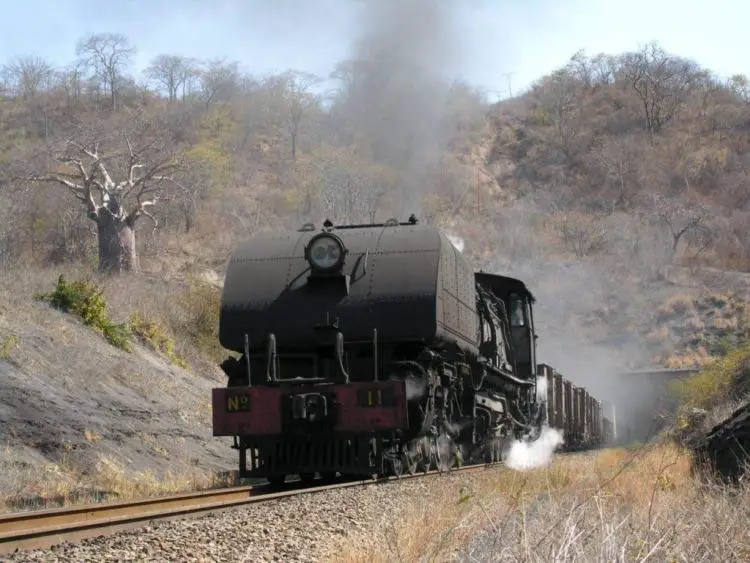- Africa’s new dawn: the rising role of digital and AI in agriculture
- Can Dangote Refinery Transform Africa Energy Ambition
- Gallup Survey: 80 per cent of Kenyan Workers Are Disengaged and Seek New Opportunities
- Madagascar Man Freed from 5KG Tumor After 15-Year Struggle
- How women in Africa are perceived and treated
- Sugar consumption in Kenya to Increase to 1.23 Million Tonnes
- Can Somalia and Turkey Oil deal Bring Change in Somaliland
- Remittances to Kenya dropped to $371.6 million in June, marking a six month low
Browsing: Zimbabwean economy
Once again, Heijin was at the centre of another dispute. This time around, it was displacing more villagers in Murehwa. Murehwa is a village in Mashonaland East province.
This time around, it affected up to 100 families. As with the example above, the company received a special mining grant to mine black granite in the area. The mining claim sits on a densely populated place covering between 200 & 300 hectares.
Due to the presence of granite in the area, Chinese companies are laying siege on the province. All this to get their hands on the rare and lucrative stone. Heijin’s newest intrusion follows another bloody battle between Mutoko and Shanghai Haoying Mining Investments villagers.
They have claims to mine black granite, which was. At the same time, Shanghai Haoying has compensated households who would lose their home due to mining activities. The Chinecompany’sy’s plans to establish operations in the …
Economic transformation in Zimbabwe requires the nation to look carefully at where the rest of the world is going. The rest of the world is in the middle of the third industrial revolution driven by technology and services. These two comprise what is now known as the knowledge economy and represent a clear departure from the significance of the primary/extractive and secondary industries. These same industries are what have anchored the economy from the time the southern African country became a nation. Technology and services are where the greatest value can be appropriated, and it is in technology and services where the key to exponential growth in productivity lies.
The most magnificent thing about technology and services is that it pervades every sector of the economy and we have seen it converge with just about every area of the economy in recent times. The concept of the internet of things …
Oude Meester the alcoholic spirits brand once carried an advert many years ago that described the life trajectory of a successful businessman or businesswoman in a leading South African business weekly. In that advert was a picture of a bottle of brandy and its image was a timeline of the journey a businessperson takes starting right at the bottom when his or her entrepreneurial journey begins having started a business, grows that business, listing it on the Johannesburg Stock Exchange and then culminates in that individual running for president of the country.
The advert drew its context from the times. Back then Cyril Ramaphosa and Tokyo Sexwale, political stalwarts within the establishment of the African National Congress had taken sabbaticals from the political sphere and had gone on to achieve notable success in the private sector. Both men had expressed ambition for the presidency. Only one of these men succeed …
On October 1st, the re-opening of the Zimbabwe border will enable cross-border trade between the majority of Zimbabwe’s SME’s, enabling access to goods from South Africa.
Faced with the drastic impact of Covid–19, Zimbabwe is finally re-emerging from a state of complete lockdown.
Only recently, Zimbabwean authorities have started reopening the economy in stages, as the country grapples to create economic momentum. A day after the Zimbabwe recorded a rise in COVID-19 recoveries on the 15th of September 2020, the Information Minister Monica Mutsvangwa announced a raft of relaxation protocols. Business operating hours where extended to 18:30 pm up from 16:30 pm, the national imposed curfew was reduced from 6pm -6am to 8pm – 6am.
The government went further and approved the resumption of inter-city travel in a move to open up the economy following nearly six months of restrictions due to …






